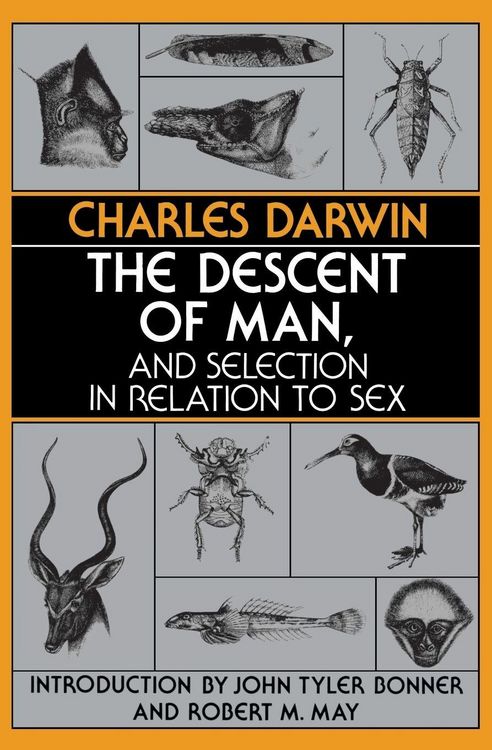
The Descent of Man, and Selection in Relation to Sex With an Introduction by John Tyler Bonner and Robert M. May
-
- Hardcover
- Taschenbuch ausgewählt
- eBook
-
Sprache:Englisch
- Deutsch 30,90 €
- Englisch 59,99 € ausgewählt
-
Verlag:Princeton University Press
- Lector House 36,99 €
- Outlook 29,90 €
- Alpha Editions 42,99 €
- Plume USA 27,99 €
- Delhi Open Books 41,99 €
- Digireads.com 29,99 €
- Creative Media Partners, LLC 29,99 €
- Globe Pequot Publishing 19,99 €
- Penguin Books UK 18,99 €
- Read & Co. Science 49,99 €
- Cosimo Classics 34,99 €
- Wordsworth Editions 7,99 €
- Hansebooks 30,90 €
- Princeton University Press 59,99 € ausgewählt
59,99 €
inkl. MwSt,
Lieferung nach Hause
Beschreibung
Details
Einband
Taschenbuch
Erscheinungsdatum
21.08.1981
Verlag
Princeton University PressSeitenzahl
960
Maße (L/B/H)
20,3/13,8/5 cm
Gewicht
1187 g
Sprache
Englisch
ISBN
978-0-691-02369-4
Unsere Kundinnen und Kunden meinen
Verfassen Sie die erste Bewertung zu diesem Artikel
Helfen Sie anderen Kund*innen durch Ihre Meinung
Kurze Frage zu unserer Seite
Vielen Dank für dein Feedback
Wir nutzen dein Feedback, um unsere Produktseiten zu verbessern. Bitte habe Verständnis, dass wir dir keine Rückmeldung geben können. Falls du Kontakt mit uns aufnehmen möchtest, kannst du dich aber gerne an unseren Kund*innenservice wenden.
zum Kundenservice